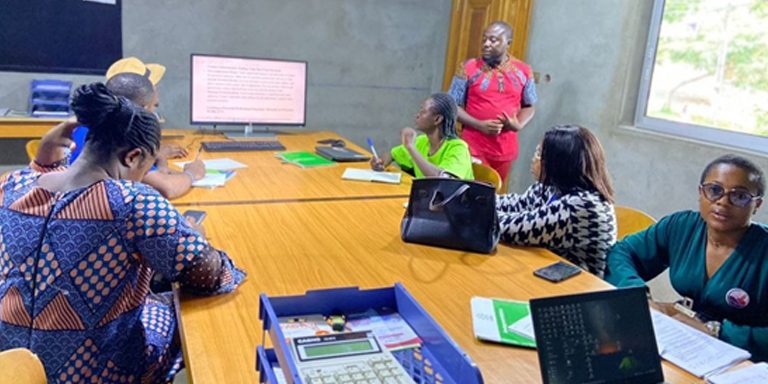

Volunteering: A Youth Imperative.
Volunteering, often seen as a noble act of selflessness, is more than just a charitable endeavor. It is an essential component of personal, professional, and societal development, especially for young people. This article streamlines the necessity, challenges, shortcomings, and successes of youth volunteering.
The Necessity of Youth Volunteering
Volunteering offers so many benefits for young people. It provides a platform for personal growth, skill development, and community engagement. Through volunteering, young individuals can:
– Acquire Essential Skills: Volunteering helps young people develop vital skills such as communication, teamwork, problem-solving, leadership, and empathy. These skills are invaluable for academic and professional success.
– Explore Career Paths: Volunteering provides a hands-on opportunity to explore different career fields and discover personal passions. This can help young people make informed decisions about their future.
–Develop a Sense of Purpose: Volunteering can give young people a sense of purpose and fulfillment by allowing them to make a positive impact on their communities.
-Build Networks: Volunteering can connect young people with like-minded individuals and potential mentors, expanding their professional and social networks.
The Challenges of Youth Volunteering
Despite its many benefits, youth volunteering can face several challenges:
– Time Constraints: Balancing volunteering with schoolwork, extracurricular activities, and personal commitments can be difficult for young people.
– Transportation Issues: Access to transportation can be a barrier for many young people who want to volunteer in their communities.
– Lack of Awareness: Some young people may not be aware of the volunteering opportunities available in their area.
– Fear of Commitment: Some young people may be hesitant to commit to volunteering due to concerns about time and energy investment.
Shortcomings of Youth Volunteering
While volunteering is a valuable experience, it is not without its shortcomings:
– Exploitation: In some cases, volunteers may be exploited by organizations that do not provide adequate training, supervision, or compensation.
– Lack of Structure: Some volunteering experiences may lack structure and clear expectations, leading to confusion and frustration for young people.
– Limited Impact: While volunteering can have a positive impact on communities, the scale of change may be limited due to the constraints of individual volunteers.
The Successes of Youth Volunteering
Despite the challenges and shortcomings, youth volunteering has achieved significant successes:
– Community Development: Volunteers have played a crucial role in addressing social issues such as poverty, homelessness, and environmental degradation.
– Youth Empowerment: Volunteering has empowered young people to become active and engaged citizens, taking ownership of their communities and shaping their futures.
– Global Impact: Youth volunteers have contributed to global efforts to address issues such as climate change, human rights, and disaster relief.
In conclusion, volunteering is an essential component of youth development. While it may face challenges and shortcomings, the benefits far outweigh the drawbacks. By addressing the challenges and maximizing the successes, we can ensure that volunteering continues to be a valuable experience for young people around the world


Add a Comment